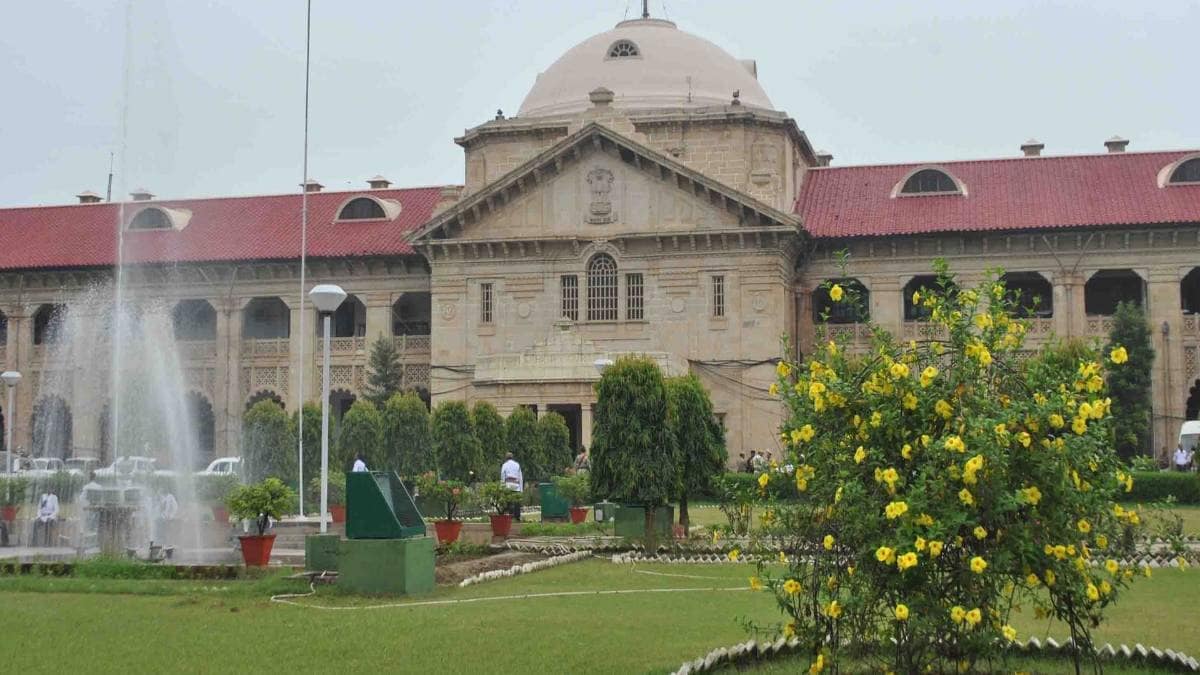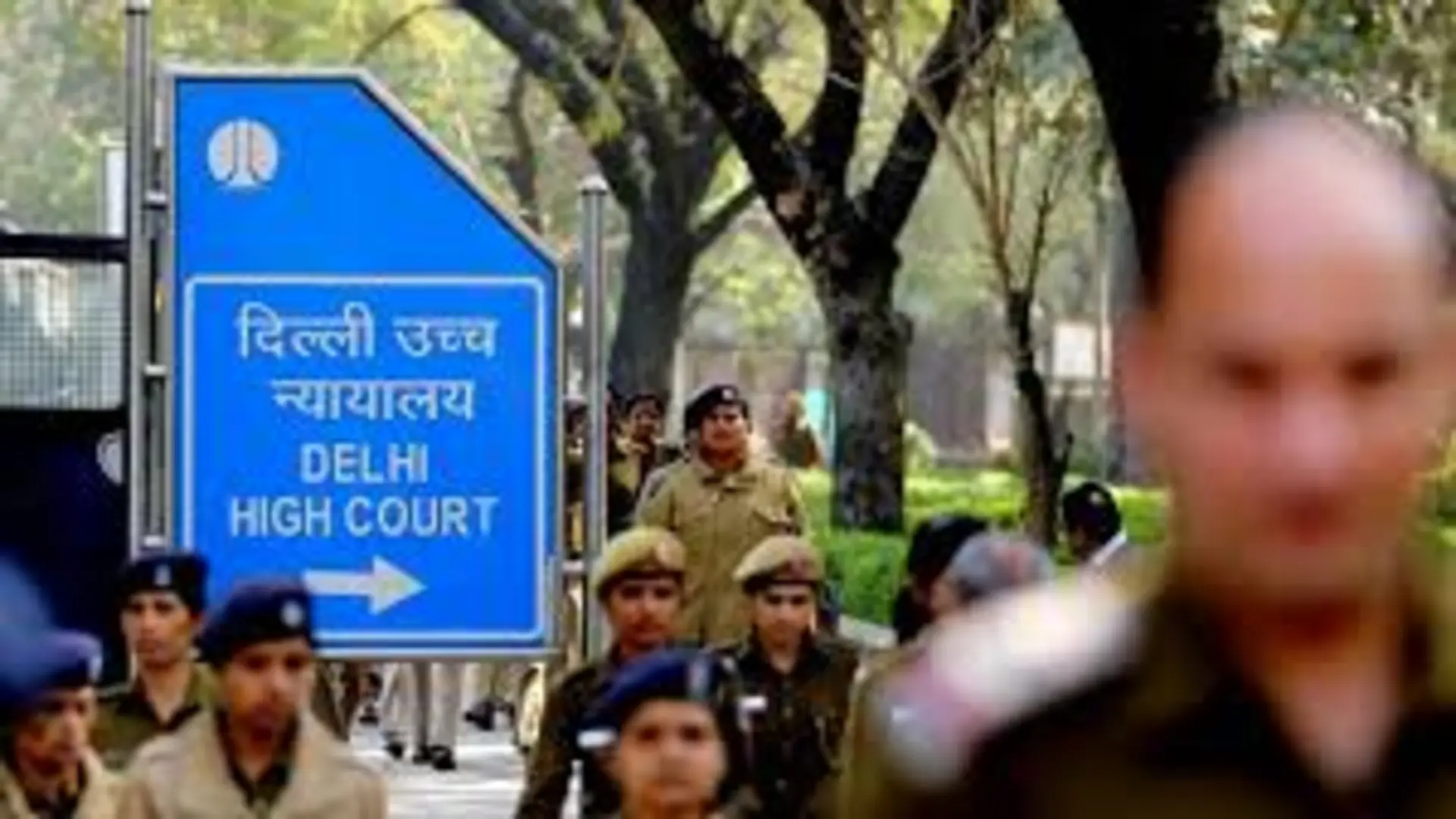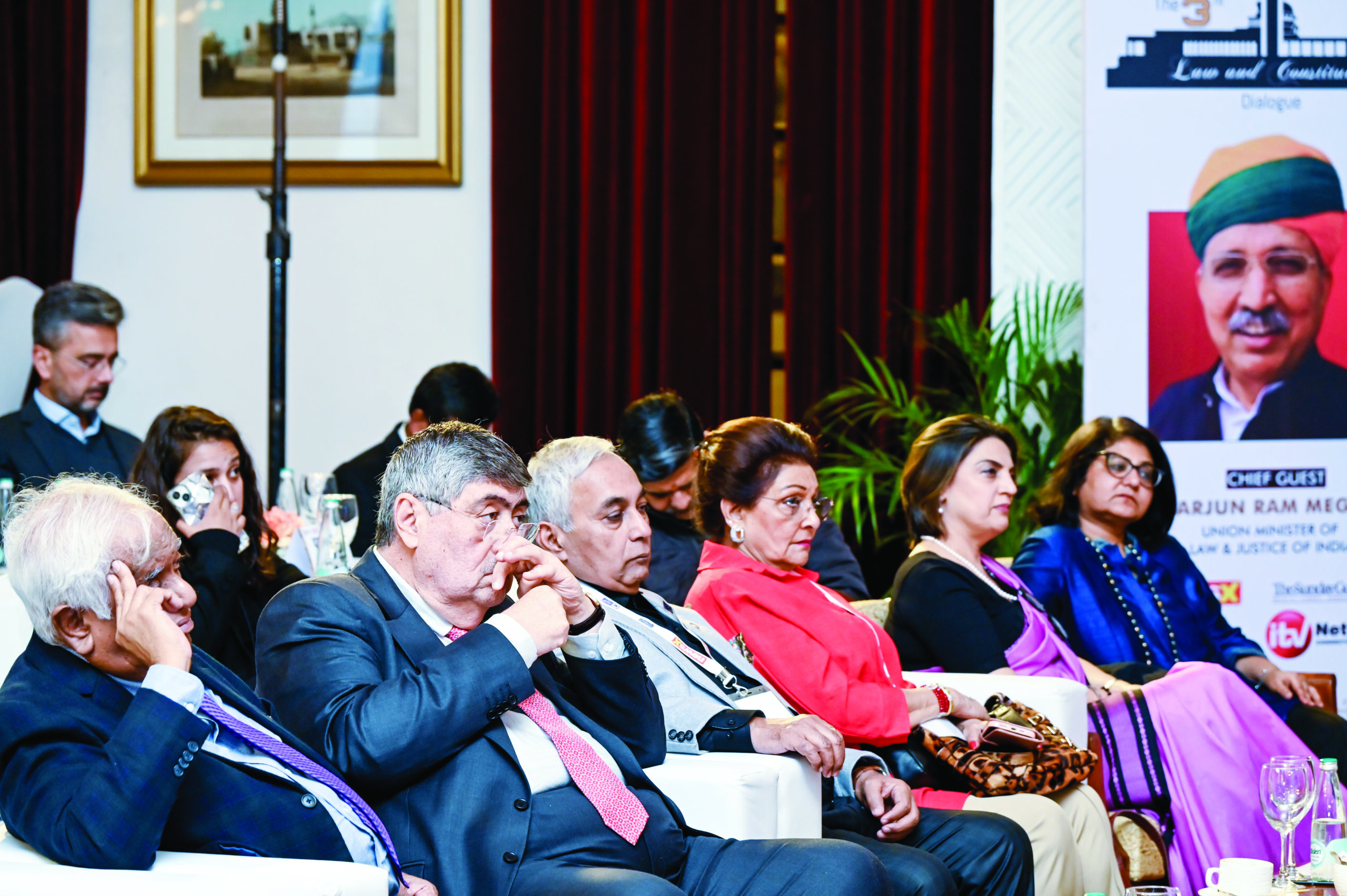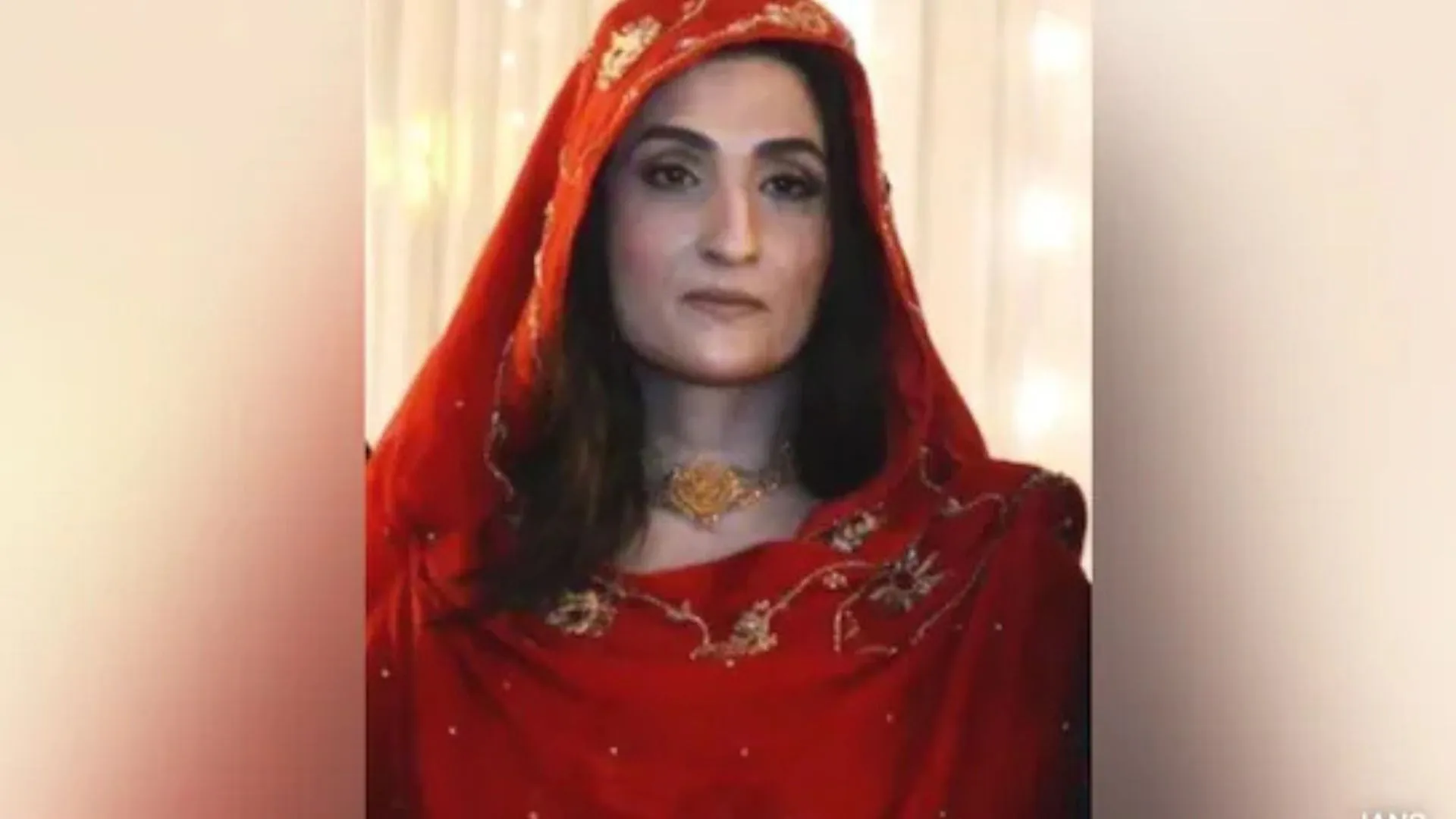While very firmly reiterating the law laid down in the case of Shabana Bano vs Imran Khan, the Allahabad High Court in a recent, remarkable, robust and rational judgment titled Razia vs State of UP in Criminal Revision Defective No. – 475 of 2008 that was delivered finally on April 6, 2022 has observed that a divorced Muslim woman shall be entitled to claim maintenance from her husband under Section 125 CrPC even after the expiry of the period of iddat as long as she does not remarry. The single Judge Bench comprising of Justice Karunesh Singh Pawar observed so while allowing a revision plea filed against the judgment and order passed by the Additional Sessions Judge, Pratapgarh in May 2008, modifying the order of trial Court passed in January 2007. Very rightly so!
(C.M. APPLICATION NO. 83077 OF 2008 )
To start with, it is stated in para 1 that, “The application seeks condonation of delay in filing the criminal revision.”
It is stated in para 3 that, “None appears for respondent no.2.”
It is then stated in para 4 that, “Since cause shown in the affidavit filed in support of application for condonation of delay in filing the instant revision is satisfactory, the application for condonation is allowed and delay in filing the instant revision is hereby condoned.”
(ORDER ON THE MEMO OF REVISION)
Quite glaringly, the Bench reveals in para 2 that, “None appears for respondent no.2. However, learned counsel for the revisionist submits that the present revision is pending since 2008 and even objections have not been filed by respondent no.2 and the matter has never been argued by respondent no.2.”
To put things in perspective, the Bench then points out in para 3 that, “The present revision has been filed against the judgment and order dated 11.4.2008 passed by learned Additional Sessions Judge, Court No.5, Pratapgarh passed in Criminal Revision No.54 of 2007, whereby the order of trial Court dated 23.1.2007 has been modified. The maintenance allowance of Rs.1000/-awarded in favour of the revisionist no.1 has been canceled or set aside and maintenance allowance in favour of revisionist nos. 2 and 3 has been reduced to Rs.250/- per month from Rs.500/- per month each.”
Simply put, the Bench then hastens to add in para 4 that, “Learned counsel for the revisionist submits that learned trial Court vide judgement and order dated 23.1.2007 has allowed the application under Section 125 Cr.P.C. filed by the revisionist after adjudicating five issues. All those issues have been decided in favour of the revisionist. Aggrieved by the order passed by the trial Court, respondent no.2 filed the revision before the revisional court, wherein the impugned order dated 11.4.2008 has been passed.”
Adding more to it, the Bench then enunciates in para 5 that, “Submission of learned counsel for the revisionist is that the revisional Court has wrongly relied and misinterpreted the judgment of Danial Latifi and another vs. Union of India reported in AIR 2001 SC 3958 by allowing the revision. He submits that revision has been allowed only on the ground that since the revisionist no.1 has been divorced by respondent no.2 both are governed by The Muslim Women (Protection of Rights on Divorce) Act 1986 and therefore in view of judgment of Hon’ble Supreme Court in the case of Danial Latifi (supra), after enforcement of this Act, the divorced Muslim women is entitled to get maintenance under Section 3 and Section 4 of the aforesaid Act even after the stage of iddat and therefore she is not entitled to receive maintenance under Section 125 Cr.P.C. In support of his arguments, he has relied on the judgment of Hon’ble Supreme Court in the case of Shabana Bano vs. Imran Khan passed in Criminal Appeal No.2309 of 2009.”
To be sure, the Bench then aptly states in para 6 that, “Learned counsel for the revisionist submits that till date not a single penny has been given by respondent no.2 to the revisionist.”
Be it noted, the Bench then duly observes in para 7 that, “On due consideration and perusal of the record as well as the impugned judgment passed by the trial court, it is not in dispute that respondent no.2 is a person of having sufficient means to maintain his divorced wife and minor children. Issue no.1 has been decided by learned trial Court in favour of the revisionist. Likewise he has neglected to maintain his wife and minor children. The revisionist is destitute and have no source of income and revisionist is entitled to get the maintenance allowance from respondent no.2 and consequently issue nos. 2 to 5 have been decided in favour of the claimant revisionist.”
It is worth noting that the Bench then mentions in para 8 that, “It appears that revisional court has modified the order passed by the learned trial court and maintenance allowance granted under Section 125 Cr.P.C. in favour of respondent no.1 has been set aside and the allowance granted in favour of respondent nos.2 and 3 have been reduced to Rs. 250/- from Rs. 500/- per month.”
Furthermore, the Bench then also goes on to very rightly observes in para 9 that, “From perusal of the impugned order, it appears that the finding of fact regarding the monthly income of the respondent no.2 given by the learned trial Court has been substituted by the revisional Court by its own finding and a different finding, which, in my opinion, is not permissible, while exercising jurisdiction in the criminal revision. On this ground, the maintenance allowance awarded to the revisionists no.2 and 3 has been reduced to half, which is also not proper.”
As we see, the Bench then mentions in para 10 that, “Learned revisional Court, while setting aside the maintenance allowance granted in favour of the revisionist no.1 by the trial court, has relied on the judgment of Hon’ble Supreme Court in the case of Danial Latifi (Supra).”
Most significantly, what forms the cornerstone of this brief judgment is then succinctly stated in para 11 wherein it is held that, “Hon’ble Supreme Court in the case of Sabana Bano (Supra) has held that a divorced Muslim women can be entitled for divorce as long as she does not re-marry. Further, it has been held that provision under Section 125 Cr.P.C. are beneficial piece of legislation and the benefit thereof must accrue to the divorced Muslim women. It has also been held that the divorced Muslim women shall be entitled to claim maintenance from her husband under Section 125 Cr.P.C. even after expiry of period of iddat as long as she does not remarry. Relevant paragraphs 29 and 30 of the judgment are extracted below:-
“29. Cumulative reading of the relevant portions of judgments of this Court in Danial Latifi (supra) and Iqbal Bano (supra) would make it crystal clear that even a divorced Muslim woman would be entitled to claim maintenance from her divorced husband, as long as she does not remarry. This being a beneficial piece of legislation, the benefit thereof must accrue to the divorced Muslim women.
30. In the light of the aforesaid discussion, the impugned orders are hereby set aside and quashed. It is held that even if a Muslim woman has been divorced, she would be entitled to claim maintenance from her husband under Section 125 of the Cr.P.C. after the expiry of period of iddat also, as long as she does not remarry.””
As a corollary, the Bench then hastens to add in para 12 that, “In view of the aforesaid judgement of Sabana Bano (Supra), I have no hesitation in holding that the view taken by the revisional Court is contrary to the law laid down by Hon’ble Supreme Court. The revisionist no.1 being a divorced Muslim women was entitled to claim maintenance under Section 125 Cr.P.C. There is no illegality in the order passed by the trial Court.”
As an inevitable fallout, the Bench then holds in para 13 that, “Accordingly, the impugned order passed by the learned revisional Court is set-aside in view of law laid down by Hon’ble Supreme Court in the case Sabana Bano (supra).”
It is worth paying attention that the Bench then stipulates in para 14 that, “While passing the judgment, this Court has noticed that the maintenance has been awarded to the revisionist under Section 125 Cr.P.C. from the date of the order, which according to recent judgment of Hon’ble Supreme Court in Rajnesh vs. Neha and another reported in (2021) 2 SCC 324, should be paid from the date of application filed under Section 125 Cr.P.C. and therefore, judgment being retrospective in nature is applicable in present case.”













